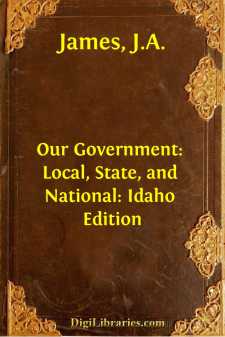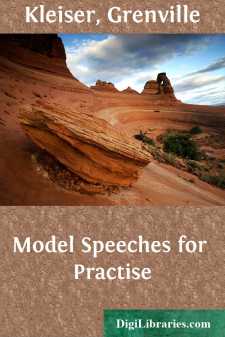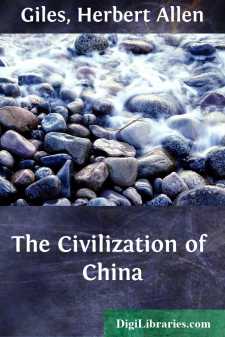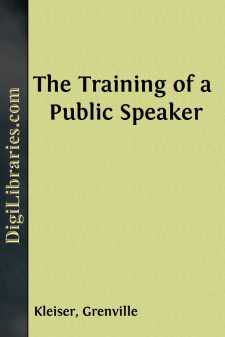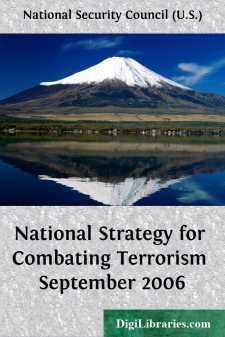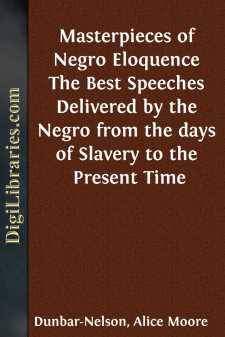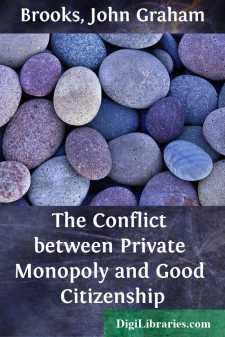Categories
- Antiques & Collectibles 13
- Architecture 36
- Art 48
- Bibles 22
- Biography & Autobiography 813
- Body, Mind & Spirit 142
- Business & Economics 28
- Children's Books 15
- Children's Fiction 12
- Computers 4
- Cooking 94
- Crafts & Hobbies 4
- Drama 346
- Education 46
- Family & Relationships 57
- Fiction 11829
- Games 19
- Gardening 17
- Health & Fitness 34
- History 1377
- House & Home 1
- Humor 147
- Juvenile Fiction 1873
- Juvenile Nonfiction 202
- Language Arts & Disciplines 88
- Law 16
- Literary Collections 686
- Literary Criticism 179
- Mathematics 13
- Medical 41
- Music 40
- Nature 179
- Non-Classifiable 1768
- Performing Arts 7
- Periodicals 1453
- Philosophy 64
- Photography 2
- Poetry 896
- Political Science 203
- Psychology 42
- Reference 154
- Religion 513
- Science 126
- Self-Help 84
- Social Science 81
- Sports & Recreation 34
- Study Aids 3
- Technology & Engineering 59
- Transportation 23
- Travel 463
- True Crime 29
Our Government: Local, State, and National: Idaho Edition
by: J.A. James
Description:
Excerpt
CHAPTER I.
THE WORK OF LOCAL GOVERNMENT.
The Preservation of Order.—The first and most important work of any government is the preservation of order. We think of this function most frequently as exercised in the arrest of offenders who violate the law. In fact, most young persons receive their earliest ideas of government by seeing the policeman, or constable, who stands for the authority of the government. But he is not the only officer who is concerned in preserving order. The police officer who makes an arrest cannot punish his prisoner, but must merely hold him until it is decided that he deserves punishment. This is the work of a court, with its justice, or judge, and the jury. If the prisoner is declared guilty, then the police officer executes the orders of the court by collecting a fine or by imprisoning him. We have here illustrated two divisions of governmental authority: (1) the judicial, which decides whether the law applies in particular cases; and (2) the executive, which carries out the requirements of the law and the orders of the court.
Law-Making.—The executive and the judicial officers are both subject to higher authority: the one applies and the other executes the law. The framing of the law is the third function of government. This work is called legislation, and is carried on by such bodies as the town board, the village board, and the city council. But these law-making bodies do not have independent authority; they are bound more or less strictly by the opinions of those who elected them to office; i.e., the body of voters.
The Three Divisions of Government.—We say, then, that in our country government is based finally upon the will of the people. For the expression of their will they choose numerous officers, who may be grouped under three heads, corresponding to the general divisions of government: legislative, executive, and judicial.
Just as it would be impossible for all the voters to take part in applying or interpreting the law, so it is in most cases impossible for them to assemble in a body and make the laws. They generally delegate this work to legislators; but in some States the voters of a town (or township) assemble yearly in town meeting, where all may take part in discussion and in voting.
Roads and Streets.—The preservation of order is but one of the functions of government. In towns where the population is scattered, roads must be built, and it is still more necessary that in villages and cities, where many people live within a small area, streets should be graded and paved and sidewalks maintained. This is an illustration of the way in which, through the machinery of government, people provide themselves with many conveniences that it would be impossible for each citizen to provide for himself. The legislative bodies already mentioned determine the extent to which these things shall be done: the town board orders the laying out of a new road; the village board or the city council passes ordinances saying what streets shall be paved and what materials shall be used in the work....


